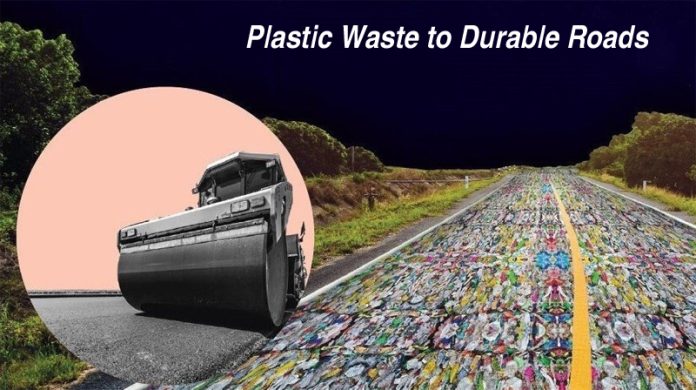The collaboration between Ladakh’s Housing & Urban Development Department and Project Himank marks a transformative step in addressing the pressing issue of plastic waste in the region. By signing a MoU to use plastic waste in road construction, Ladakh is not only tackling pollution but also setting a benchmark in sustainable development. This innovative initiative is both timely and necessary. The Himalayan region, including Ladakh, has faced increasing environmental stress due to plastic pollution. The tourism boom, coupled with limited waste management infrastructure, has exacerbated this challenge. The MoU ensures that the non-biodegradable waste collected by the Municipal Committee, Leh, will find a productive use-strengthening roads while reducing environmental harm.
The science behind using plastic in road construction is compelling. When mixed with bitumen, plastic increases road durability, making it more resistant to wear and tear caused by extreme weather conditions. This is particularly advantageous for Ladakh, where roads must endure freezing winters and intense sunlight. Additionally, roads built with plastic waste have a lower carbon footprint compared to traditional methods. The agreement, valid for three years, is a proactive step toward creating a circular economy. HUDD’s supply of plastic waste and Himank’s responsibility to utilise it create economic opportunities. Payments to the Municipal Committee, Leh, for the waste will incentivise systematic plastic collection and segregation at the community level. While the initial target of two metric tonnes of plastic waste is modest, it provides a practical starting point. The emphasis on feedback and results ensures that the project remains adaptive and scalable. Success in this endeavour could inspire similar initiatives in other regions, especially those struggling with plastic waste management. Ladakh’s decision to embrace innovative waste management practices aligns with global efforts to combat plastic pollution. To some extent, Ladakh’s pollution concerns will be addressed. This timely initiative is a win-win for the environment and infrastructure development. By turning plastic waste into roads, Ladakh is not just building pathways across its rugged terrains-it is paving the way for a greener, more sustainable future.
Trending Now
E-Paper


